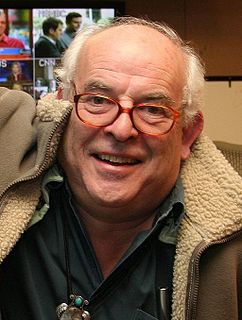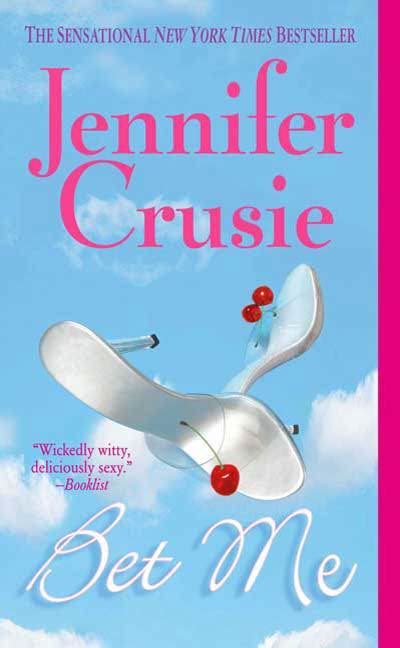A Quote by Rudolf Flesch
If you go through any newspaper or magazine and look for active, kicking verbs in the sentences, you will realize that this lack of well used verbs is the main trouble with modern English writing. Almost all nonfiction nowadays is written in a sort of pale, colorless sauce of passives and infinitives, motionless and flat as paper.
Related Quotes
For values or guiding principles to be truly effective they have to be verbs. It's not "integrity," it's "always do the right thing." It's not "innovation," it's "look at the problem from a different angle." Articulating our values as verbs gives us a clear idea - we have a clear idea of how to act in any situation.
The worst of this sorry bunch of semi-educated losers are those who seem to glory in being irritated by nouns becoming verbs. How dense and deaf to language development do you have to be? If you don’t like nouns becoming verbs, then for heaven’s sake avoid Shakespeare who made a doing-word out of a thing-word every chance he got. He TABLED the motion and CHAIRED the meeting in which nouns were made verbs



































